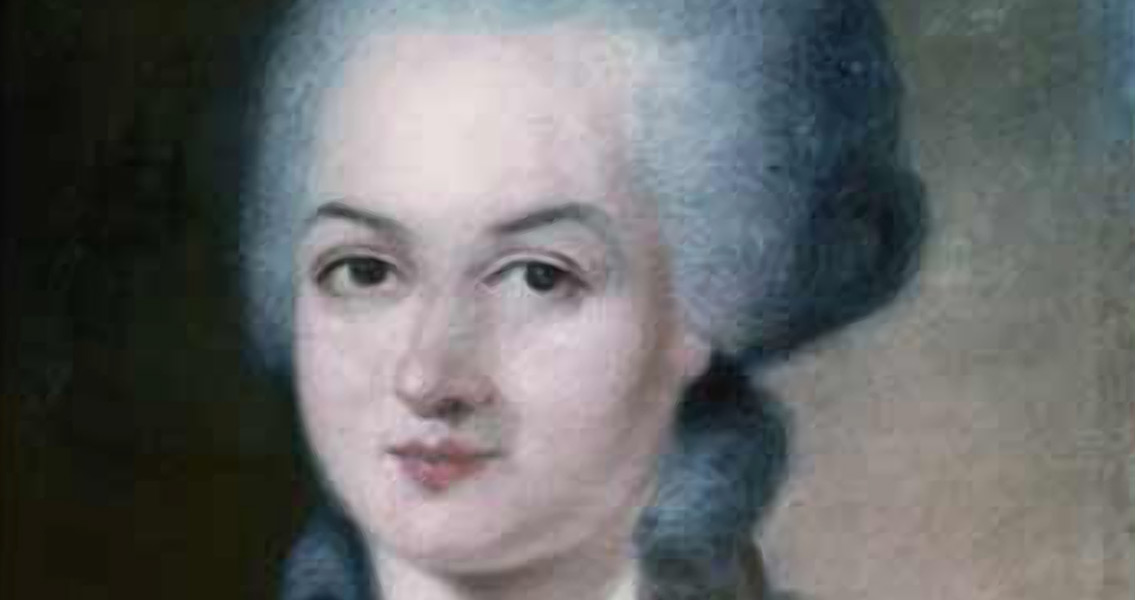<![CDATA["A woman has the right to be guillotined, she should also have the right to debate." -Olympe de Gouges Considered one of the first feminists, Olympe de Gouges was guillotined on 3rd November, 1793. De Gouges was a casualty of the Terror which descended over France in the wake of the French Revolution, a period when intense paranoia and doctrinal differences erupted in extreme violence, generally led by the state itself. Arrested in July 1793, de Gouges was a victim of both her staunch defence of the rights of women in a still massively patriarchal world, and for having sided with the Girondists. In the volatile climate of late eighteenth century France, the Girondists, once one of the leading factions in the Revolution, were turned upon by more radical elements for their perceived conservatism and role in sanctioning France's failed wars abroad. Anyone deemed to be connected with the group soon found themselves at risk of arrest and trial. Born Marie Gouze in Mountauban, France, in 1748, the facts of de Gouges' early life are somewhat vague, in part thanks to her own attempts to encourage rumours about her background. It is traditionally believed that she was born into a modest family - the daughter of Pierre Gouze, a butcher, and Olympe Moisset, a maidservant. A common rumour at the time however, actually claimed that she was the illegitimate daughter of Marquis Lefranc de Pompignan, an influential member of the aristocracy. At sixteen de Gouges married a French officer and had her only child with him two years later. Three years into the marriage her husband died. Rebellious since her youth, de Gouges refused to conform to the stereotypes of widowhood, and instead fled to Paris to pursue her dream of becoming a writer. In pre-Revolutionary Paris she quickly marked herself out as an advocate of radical thinking. She was vocally against the institution of religious marriage, preferring instead relationships built on companionship. Through her theatre works she attacked the institutions of the day. Her play 'The Slavery of the Blacks' for example, was one of the first works to denounce slavery and call for its abolition. Following the Revolution, she wrote 'Declaration of the Rights of Women and of the Citizen' in 1791, a response to 'The Declaration of the Rights of Men and of the Citizen' issued by the National Assembly. It quickly proved to be her most controversial work. The declaration argued that women had the same abilty to reason as men, and as such should have equal roles in society and voices in politics. Among other things de Gouges advocated that children born outside of marriage should have the same rights as those born in wedlock, a suggestion which challenged men's tendency to adultery. By placing men and women on an equal level in terms of responsibility in reproduction, it reasoned that this equality should be extended to every facet of life. De Gouges continued to publicly and passionately campaign for equality for women. Increasingly audacious, she even went as far as to accuse Robespierre of tyranny, a move which seems to have been the final straw leading to her arrest. In Revolutionary France, ideas of equality and liberty were being questioned and fought for like never before. Even in this radical environment however, a campaign for the liberty and equality among men to be extended to women, proved too revolutionary. ]]>
Pioneering Feminist Olympe de Gouges Guillotined
